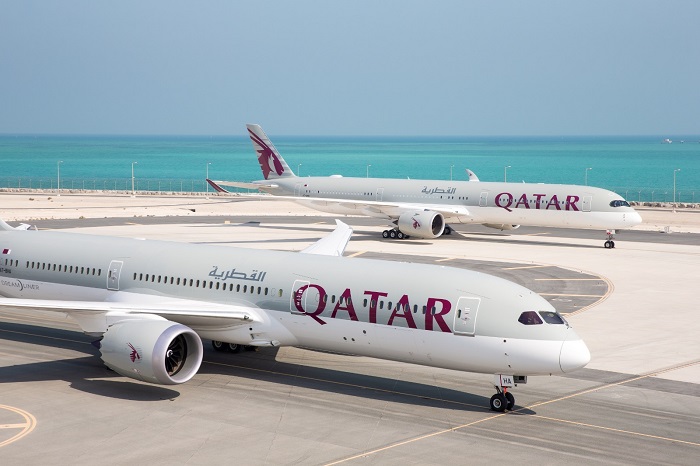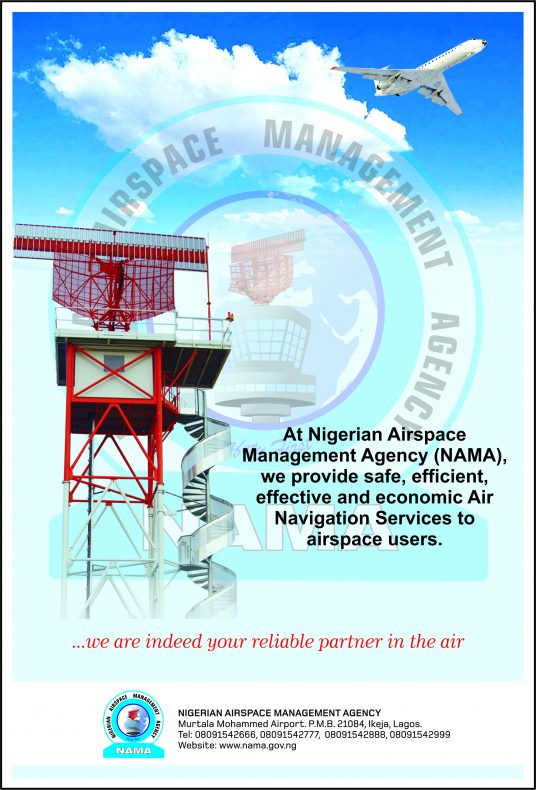Chairman of Air Peace Airline Limited, Dr. Allen Onyema, has described a unified aviation security strategy as Nigeria’s critical shield against rising threats. He made this assertion while addressing a packed audience at the Symposium on the Fundamentality of Aviation Security in Achieving the Safe-Skies Goal held in Abuja on April 29, 2025.
Dr. Onyema, who presided over the session, stated that aviation security was no longer a ceremonial protocol. Instead, it has become the industry’s “lifeblood,” especially in the face of fast-evolving global threats like cyber attacks, insider sabotage, and terrorism.
He stressed that Nigeria must overhaul and fortify its aviation security architecture constantly. According to him, the country cannot afford complacency, especially when global aviation systems are being repeatedly tested.
Speaking on the symposium’s theme, Dr. Onyema noted its timeliness and urgency. He highlighted that maintaining safe skies required far more than infrastructure or inspections.
“There must be synergy. No single agency, airline, or airport authority can do it alone,” he insisted. He called for a sustained partnership between all critical players, including regulators, intelligence units, and private stakeholders.
To underscore his point, Dr. Onyema cited Air Peace’s security blueprint as a working model. The airline, he noted, has invested substantially in advanced surveillance systems, staff training, and long-term collaboration with security agencies. These steps, he said, reinforce a mindset where safety is institutional, not just operational.
However, he warned against placing blind faith in hardware and procedures. “Security is a mindset,” Dr. Onyema said, adding that compliance, intelligence sharing, and proactive alertness must become second nature.
Transitioning from analysis to action, he urged the gathering not to let the event become “another talk shop.” Instead, he proposed it should serve as a launching pad for real and measurable outcomes. “Let us share best practices, raise tough questions, and commit to visible implementation,” he appealed.
Throughout his address, Dr. Onyema’s tone blended urgency with optimism. He reiterated Air Peace’s continued commitment to collaboration, innovation, and aviation excellence. “Our passengers deserve nothing less,” he concluded, “and our future as an aviation nation depends on it.”
The unified aviation security strategy, he argued, must be embedded in Nigeria’s national aviation policy and actively practiced across all levels of the industry. He called on government institutions to facilitate inter-agency coordination and reduce bureaucratic bottlenecks.
Reflecting on his remarks, it becomes clear that Dr. Onyema’s message was a rallying cry. It challenged industry players to move past dialogue and adopt a security-first posture in both policy and execution.
For Nigeria to secure its airspace sustainably, he emphasized, vigilance must become routine, not reactive. The nation’s aviation credibility, he noted, is at stake, especially as Nigeria aspires to become a regional air transport hub.
Dr. Onyema’s speech leaves stakeholders with both a warning and a way forward: protect the skies, not just in word, but in collective and consistent action.






















